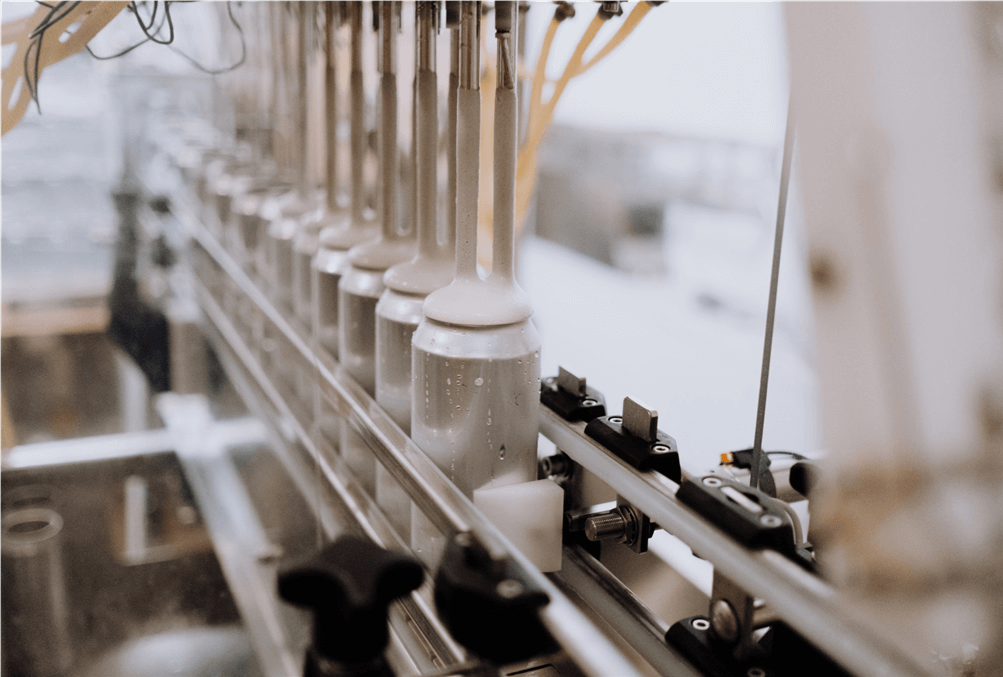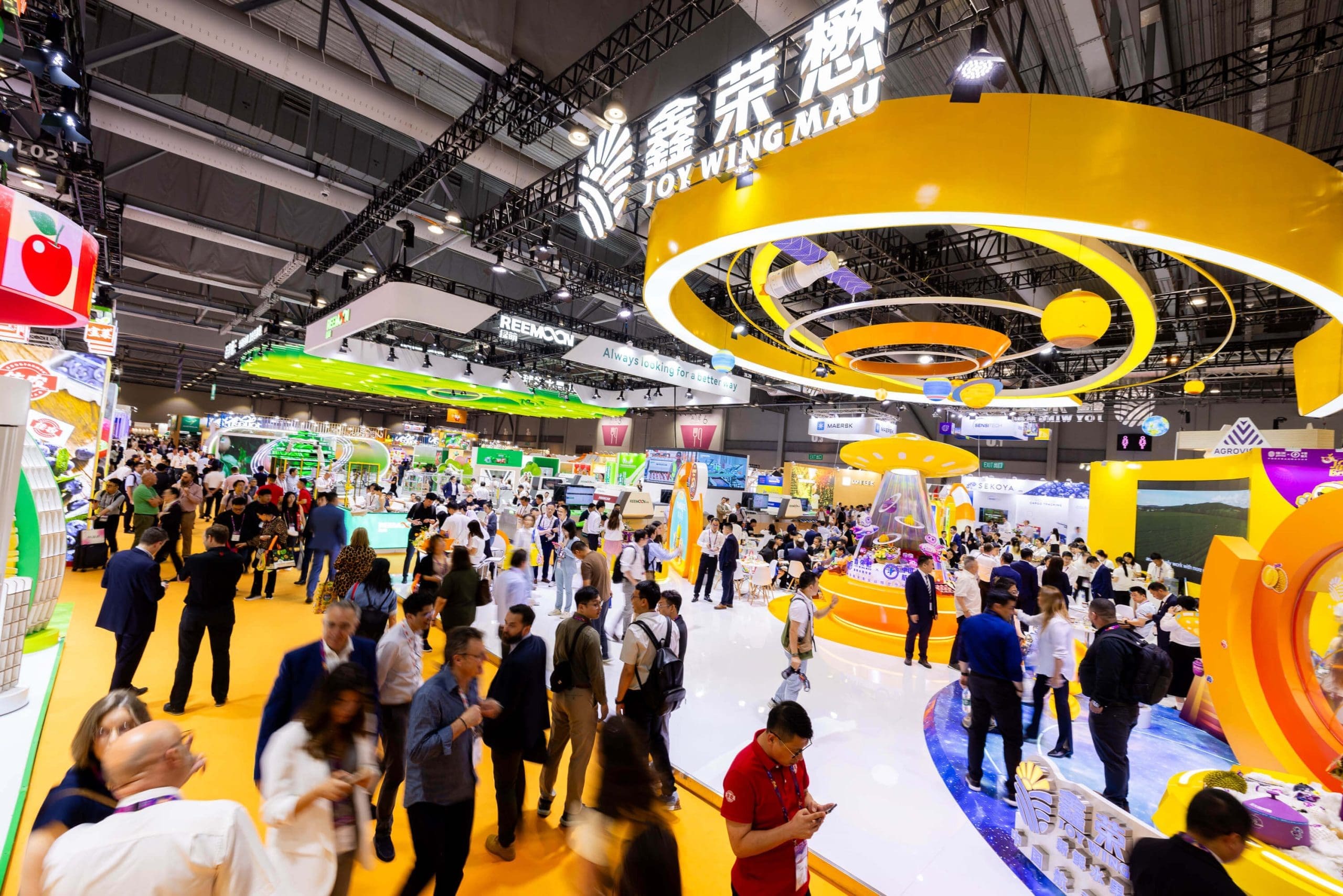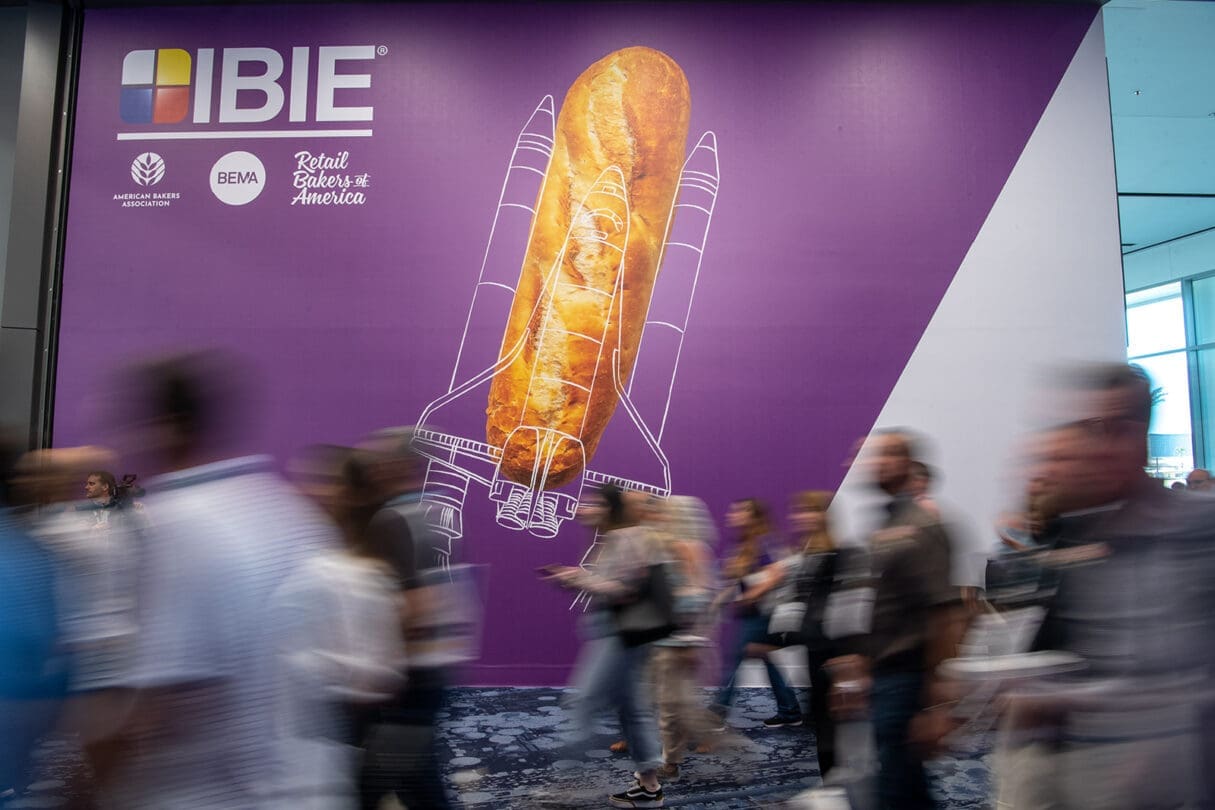The liquid food and beverage industry grows its potential thanks to digitalization and digital transformation. Process engineering, real time and automatic learning software are the key concepts of a near future.
In an increasingly digitalized and ever-changing world, innovation is an essential tool for companies operating in all industries, including that of beverages and liquid foods. Here the challenge consists in the possibility to achieve results in a short space of time, while offering safe products with a strong market reputation, also with a focus on sustainability.
In view of the fact that technological solutions are continually evolving, that consumer patterns are subject to constant change and online trading is expanding rapidly, with a mix of real and virtual elements also present in the sales point, digitalization and digital transformation certainly represent two key concepts, capable of leading the companies of this industry towards a new way of operating.
While it is certainly very difficult for companies to find their way around the vast offering of technological tools and to choose the solutions most suited to their needs and goals, it is also true that they have no choice but to proceed in this direction.
Indeed, being able to count on ERP, CRM and Analytics solutions specifically designed for the industry enables companies to address market challenges more effectively.
An international study carried out by the consultancy firm PWC confirms this vision and assigns second place status to the keyword “product and service digitalization” in their list of the ten challenges needing to be addressed in coming years.
Another recent study on the future of food engineering carried out by Germany’s Federation of Engineering Industry (VDMA) is focused on the same topic, demonstrating that digitalization, intelligent networking and the use of data are essential aspects destined to shape the future until 2035.
The digitalization of the liquid food and beverage industry offers tangible advantages. For example, in the ambit of process engineering, temperature profile control enables production monitoring and the identification of quality parameters right from the initial phase.
An example in this respect is provided by beer production: thanks to automatic learning, researchers have collaborated with system producers and breweries to identify a malt with a higher yield, also in terms of sustainability.
Real time
Real time is another important keyword for the liquid food and beverage industry. Benefits comprise higher levels of performance, diagnostic maintenance, more efficient variations, an overview of data regarding consumption and product quality, with positive implications also in terms of food safety and ensuing benefits for distributors and end-customers.
Based on the data supplied by producers of software like MES (Manufacturing Execution Systems), it is possible to improve efficiency up to 20% for line operations, extend maintenance cycles up to 30% with an improvement of the overall equipment effectiveness (OEE) and achieve product variations within the scheduled time frame with 99% certainty.
It goes without saying that these data immediately translate into a saving of CO2 with positive effects on sustainability.
Automatic learning
Machine Learning, or automatic learning, is a data analysis method that automates the construction of analytical models. It is a branch of Artificial Intelligence based on the idea that systems can learn from data, identify models autonomously and make decisions while minimizing the need for human intervention.

The algorithms of Machine Learning are used in everyday services such as search engines, the recognition of images and speech, medical diagnosis, and so on. Every Machine Learning software has its own set of tools, libraries and resources for developing applications able to replicate human behavior with smart machines and applications.
Many companies have started to adopt this technology to increase their ROI (Return on Investment).
Maintenance activities represent one of the various optimization opportunities offered by automatic learning software: with the aid of this digital tool, anomalies in the working of machinery may be spotted in the earliest manufacturing phases.
As for all digitalization applications, also in the case of automatic learning, a place of honour is held by sustainability, this being particularly evident in cleaning technology where, with the aid of real time optical contamination detection, specifically targeted cleaning cycles may be carried out inside containers and tanks.
An automatic learning tool ensures that single contamination levels are spotted, identified and handled correctly. However, this is just one of many more applications.
Technology, combined with human intuition, is able to innovate companies constantly and significantly, enabling them to exploit new opportunities and be more competitive on their markets.
Whether these are ERP, CRM or Analytics solutions, the liquid food and beverage industry now has the opportunity to head more convincingly in the direction of digital transformation, which will impact their future positively, not only in the short term.







